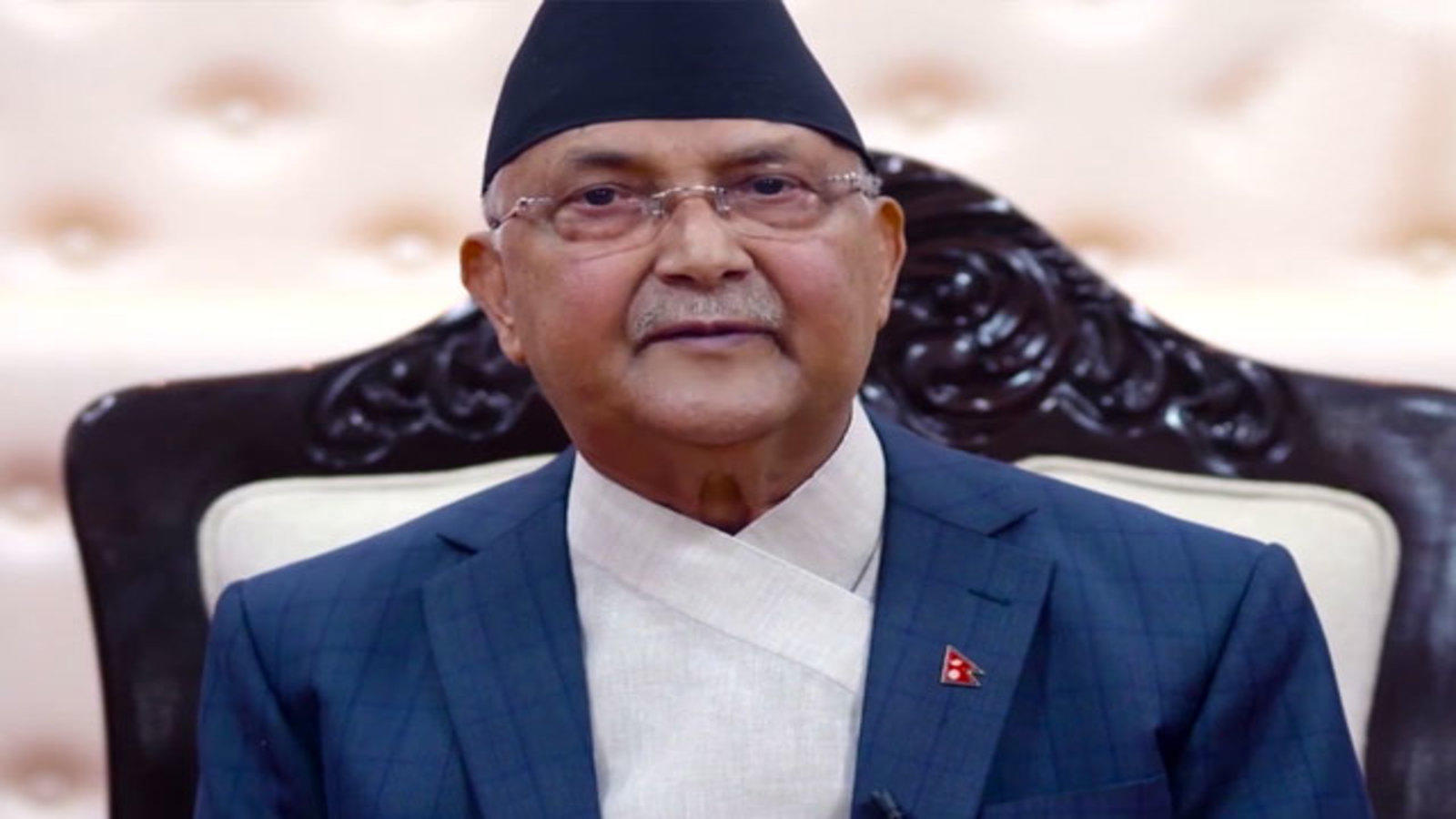Mr. President,
Excellencies the Heads of State and Government,
Director General of ILO Mr. Guy Ryder,
Employers’ and Workers’ Representatives,
Ladies and Gentlemen
Let me commend the Director General of ILO for taking this timely initiative.
The world is now seized by an invisible enemy, the pandemic of COVID-19.
Over five hundred thousand people have lost their lives. It is uncertain how it will unfold further. Invention of vaccine and making it judiciously accessible to all remains unclear.
In such a situation, protecting the lives of people becomes extremely important. Loss of human life cannot be replenished.
The pandemic has thrown millions of workers and enterprises vulnerable. Overall economy has suffered with global decline in investment, trade and disruption in travel industry. As a consequence, people are losing jobs.
Economists project a bleak scenario for global growth in 2020.
When labour-intensive job-market declines, millions will fall into poverty. The impact becomes unevenly high in the LDCs and low-income countries. Declining remittances and potential reduction in ODA and shrinking of other resources will further compound economic stagnation.
Crisis of this proportion calls for robust global response with United Nations and its specialized agencies like ILO at the centre.
We should support and strengthen them to promote human-centred agenda of decent work as embraced by the ILO.
Protection of the most vulnerable, including the migrant workers and those in informal sectors, and provision of adequate social security and health care is key to minimize the impact.
However, it is unfortunate that migrant workers who have contributed to the building of destination countries are losing hopes and returning home in the midst of the pandemic without protection of their job and income.
This situation, contrary to the ILO principles, could have been avoided and norms of WHO should have been observed in the process. In Nepal, within 108 days, in an average 3000 people returned home every day from India crossing our land border. About half a million migrant workers are expected to return from the Gulf region and other countries. It does not mean that we are not welcoming our nationals back home. But this scale of sudden return has posed tremendous pressure on our health system as the cases of infection shoot up rapidly.
I held several telephone conversations with Heads of State and Government in labour destination countries seeking their cooperation for the protection and wellbeing of the Nepali workers. At home, we are protecting foreign nationals in our country during this pandemic.
Humanity is tested in the time of crisis. Our conscience should guide us to uphold justice and fairness even in the time of extreme difficulty. International solidarity at this hour could prevent the job loss, return of migrant workers and reversal in the progress of SDG and resulting rise of poverty.
Poverty and sudden stress on local labour market endangers larger peace and stability worldwide.
Excellencies,
We in Nepal have invested resources within our capacity to fight against the COVID-19 pandemic.
We have employed both preventive and mitigating measures that include testing, contact-tracing, quarantine, isolation and social distancing. We are close to meeting the target of testing two per cent of our population.
Temporary measures, such as, nation-wide lockdown and restriction in movement helped us to contain the virus to a large extent. Number of deaths so far remains minimal.
Estimates are that nearly 63 percent of Nepali workforce will face some degree of impacts, which is more severe in urban areas and in service industries like hotel restaurant catering and tourism sector.
We have responded to the situation with some immediate and medium-term measures.
For those in informal sector, we have provided food and wage for work as an immediate relief.
For those in the formal sector, we have ensured payroll protection, re-scheduling and capitalization of loans and waivers on electricity, among others. We are trying to convert this challenge into opportunity with special focus on building our health infrastructures.
In the medium term, we have devised programs such as, Prime Minister’s Employment Program, food for work, subsidy to private sector for apprenticeship wages, skilling for re-deployment, and reorienting of poverty alleviation funds for production and sustainable employment generation, restructuring of agriculture and support to SMEs.
Provincial and local governments are also implementing programs for promoting job opportunities in coordination and collaboration with the federal Government.
While we are committed to partnership and social dialogue in the process, we also look forward to greater solidarity to address the situation globally.
I thank you.
Video Message
by Rt. Honourable Mr. K P Sharma Oli, Prime Minister of Nepal,
to ILO Global Summit on COVID-19 and the World of Work – Building a Better Future of Work
Geneva, 8 July 2020


